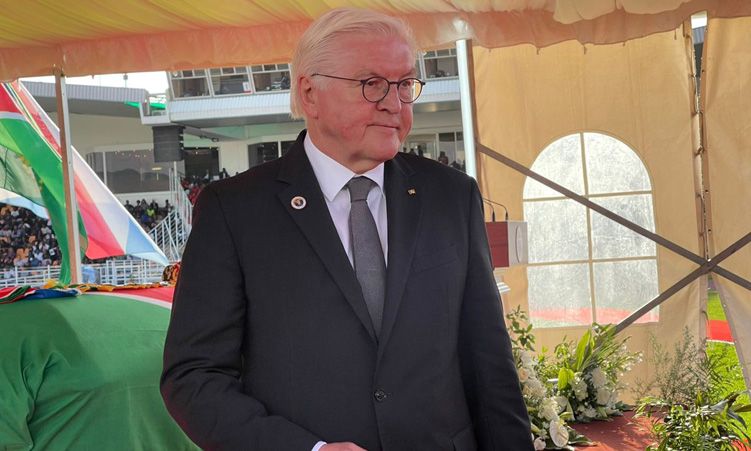AS the country’s economic woes drag on, consumers are opting for second-hand cars, which analysts say is diminishing hopes of any recovery in the new vehicles market.
Indileni Nanghonga, an analyist at Simonis Storm said not only is there a change in consumer spending priorities but there was also an overall fall in demand for new cars and consumers are opting for second-hand vehicles.
Nanghonga was reacting to a recent National Association of Automobile Manufacturers South Africa (NAAMSA) release that showed Namibia’s sales for new vehicles for June 2019 had decreased by 7,4% to 977 units.
Although the numbers have been decreasing all along, the June figures are better than the 13,9% drop recorded in May this year. Passengers and light commercial vehicles such as bakkies were the main drivers of the decrease, clocking 879 units in June 2019 compared to about 1040 units in 2018.
“The decline in vehicle sales is an indication of a struggling motor vehicle industry resulting from low consumer spending.
Furthermore, borrowing through instalment credit has been in contraction since 2017 to an all time low of 7,7% in December 2018,” Nanghonga said.
She added that consumer confidence is also waning, and focus has turned to necessities rather than luxury goods.
“The contraction in economic growth has worsen the situation,” she noted.
Last month the national statistics bureau said the economy contracted by 2% for the first quarter of 2019, from a negative of 0,5% in the last quarter of 2018.
Category wise, passage vehicles recorded sales of 378 units in June 2019, down from 465 over the same period last year, while light commercial vehicles recorded 519 units for June 2019, a 14% decrease from 607 units in 2018.
On buses and heavy commercial vehicles, only 49 units were sold in June 2019.
Nanghonga said, with commercial activities subdued since 2017, and limited road and construction sector activities very minimal in 2019, the number of sales made sense.
Scania and Volvo topped the imports list for June 2019, under commercial vehicles.
reported last week that the Namibian Ports Authority handled 196 271 freight tonnes of vehicles that passed through the port during the last financial year.
To date about 5 300 new cars were bought in Namibia, with light commercial and passenger vehicles taking the lead at 2 500 and 2 400 units, respectively, while medium commercial and heavy commercial vehicles totalled 318 units.
MARKET SHARE
Nanghonga said Toyota remains dominant in terms of market share in Namibia, although it has dropped to 42,9% compared to 50,4% in 2018.
Toyota has a share of 2 200 units in this year’s figures, followed by Volkswagen with 905 units, (17% market share), Ford comes third with 320 units (6% market share), while Nissan only sold 297 new cars this year, (5,6% market share), and Mercedes 190 units (3,6% market share).
Other brands such as Kia, Hyundai, Scania, Suzuki, Peugeot and Mazda sold less than 160 new cars this year, with market shares at 3% and less.
Analysts at IJG Research said the bottom line is that vehicle sales remain under pressure, with the year-to-date new vehicle sales in 2019 currently below 2011 levels.
“The prospects for new vehicle sales remain dim in the short- to medium-term as government remains committed to fiscal consolidation and the economy remains in a recession, putting pressure on demand and investment,” read their analysis.
GLOBAL OUTLOOK
According to Simonis Storm Securities analysis, 2018 worldwide sales of passenger cars and light commercial vehicles decreased by 0,5% for the first time since 2009.
Germany’s Centre for Automotive Research expects this trend to continue in 2019 with global vehicles sales forecast to fall by more than 40 million units.
“The decline in new vehicle sales across the globe could worsen as US-China trade tension escalates,” the analysis read.
On 18 May 2019 the US has delayed imposing tariffs on imported vehicles and parts from EU countries, Japan and other nations for 180 days. This created uncertainty in the vehicle industry and it is exacerbated by harsher CO2 emission regulations.
Stay informed with The Namibian – your source for credible journalism. Get in-depth reporting and opinions for
only N$85 a month. Invest in journalism, invest in democracy –
Subscribe Now!







